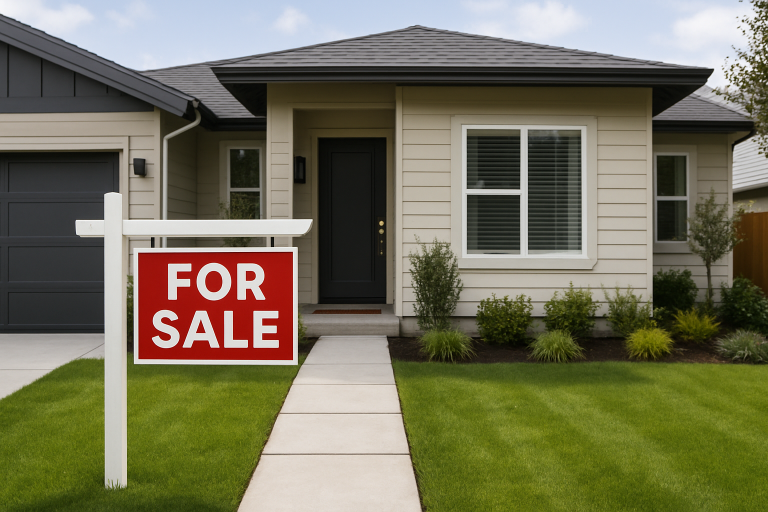How The Home Selling Market Has Changed
Increased access to real-time data and a rise in digital-first buyers have upended traditional methods. Homeowners who adapt to these changes—by pricing strategically, utilizing technology, and remaining flexible—are more likely to achieve fast, profitable sales. Recognizing which trends to embrace can make all the difference in today’s competitive environment.
Today’s real estate market has changed drastically over five years, with evolving inventory, buyer behavior, and technology impacting seller strategies. Virtual tours and online offers greatly influence sale speed and price. For quick sales, specialized services offer instant offers and simplify selling. One such option is the sell cash approach, which is particularly effective for homeowners seeking convenience and certainty amidst a shifting marketplace.
The Power of First Impressions: Getting Your Home Ready
First impressions are crucial online and in person. Buyers decide quickly; poor presentation can lead to dismissal. Enhancements like landscaping, paint, and decluttering can boost appeal. The National Association of Realtors states staged homes sell faster and at higher prices. Focus on a welcoming atmosphere with clean lines, neutral decor, and good lighting. Curb appeal and entryway set the tone. Small upgrades like new lighting, hardware, or paint make your home more attractive to buyers.
Pricing It Right: Strategies Backed By Data
Accurate, data-driven pricing is crucial for a successful home sale. Analyze sales, inventory, and seasonality to determine the most effective strategy. Consider unique features and upgrades, consult a real estate professional, and use reputable valuation tools. Realistic pricing attracts more competitive offers, potentially leading to bidding wars in desirable neighborhoods. Simplify the process in a fast-paced market. Homeowners who are also looking to make their next move may benefit from services that specialize in helping you buy homes efficiently or provide guidance as you transition from sale to purchase.
Marketing Your Home in the Digital Age
Today, almost all home searches start online. High-definition photos, 3D walkthroughs, floor plans, and virtual tours offer immersive previews that excite buyers before visits. Marketing through major real estate sites and targeted social media expands reach beyond open houses. Virtual staging helps buyers visualize potential, especially in vacant or outdated homes. This online focus increases interest, showings, and quickens multiple offers.
Holding Open Houses: Still Worth It?
Open houses are becoming more effective in various markets, with some focusing on weekend, private, or virtual showings. A well-promoted open house can generate urgency in competitive neighborhoods, triggering multiple offers. In other areas, limiting showings to pre-qualified buyers may be more convenient. Promoting events widely, highlighting unique features, and offering in-person and virtual options ensures the home remains in top condition for visitors.
Transparency and Disclosure: Building Buyer Trust
Modern buyers are more informed than ever, often reviewing public records and previous sales before scheduling a tour. Full transparency—such as pre-inspections, repair records, and detailed disclosure forms—instills trust and confidence. Legal compliance is essential, but so is a reputation for honesty. Transactions with clear documentation experience fewer delays and are less likely to fall apart during the closing process.
Negotiations and Closing The Sale
Closing a real estate transaction today is about more than just settling on a price. Timing, flexibility with move-in dates, willingness to address repair requests, and even the inclusion of specific appliances can sway an undecided buyer. Open and prompt communication is critical; sellers with responsive advisors can generally keep each part of the process moving smoothly toward close. Understanding all aspects of the negotiation, from contracts to contingencies, can help you ensure a successful transaction.
Final Thoughts
Selling a home today demands strategy, adaptability, and modern tools. Setting the right price, investing in presentation, using digital marketing, and building trust attract serious buyers. Combining traditional methods with innovative solutions like instant-offer services and virtual staging helps homeowners sell faster and achieve better results. Staying informed and proactive is key to successful real estate in a changing landscape.


